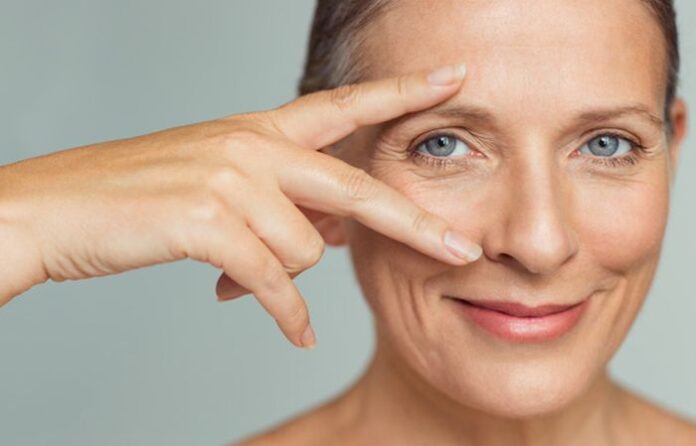Having a good vision is essential throughout development to old age. It helps with performance at school during the early stages in life while it is beneficial in work and driving as you advance in years. Regardless of the age you are currently in, it is never late to start caring for your eyes.
It is crucial to know about the risk factors and what to look for in each age bracket. The information in this article will help you care for your eyesight and those who depend on you. There are preventive measures to protect against the deteriorating vision. On the other hand, it is crucial to get regular checkups to ascertain the eyes’ health. Let us delve into the topic and look at eye care depending on a person’s age.
Infants and Children
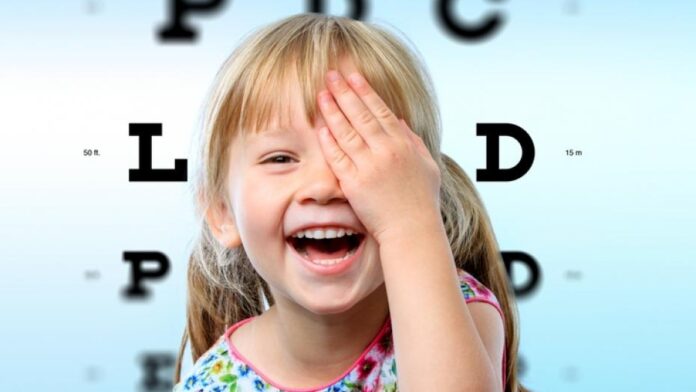
An infant utilizes its eyes to analyze the world, and the brain interprets what they see. It is easy to detect if the infant has vision challenges and seek professional intervention early during the period. The parent plays a significant role in caring for the infants’ eyes as they depend on their caregivers for everything.
The initial days when an infant opens their eyes in the world, their eyes should be working. However, both eyes may not be in coordination, and it is not out of the ordinary. The eyes will synchronize as they develop further. It is vital to take the child for eye checkups as you take them for other doctor assessments. The infants should undergo an extensive eye examination to determine if the organs function correctly within their first year.
It is important to note, the food they eat should help improve their eyesight. Therefore, it is critical to give them a balanced diet for the nutrients essential for development. A pediatrician or a nutritionist can help you develop a diet program that incorporates foods that promote better eye health. It is beneficial to start on the diet early enough and continue as the infants grow.
Eye development continues throughout childhood. The nerves connect, and muscles become stronger during this time. You can determine the eye health in children by the way they read or if they can see things clearly. Therefore regular assessment by an optician will help monitor the eye health and take necessary actions. Early diagnosis and treatment will prevent the conditions becoming severe.
The safety of infants is critical as they can engage in risky activities that may damage their eyes. Please do not leave them unattended with no adult care. Proofing the house and the places they play is vital in protecting them against hazardous objects. Remember to also keep chemicals and other toxic materials away from the infants to protect them.
Teenage
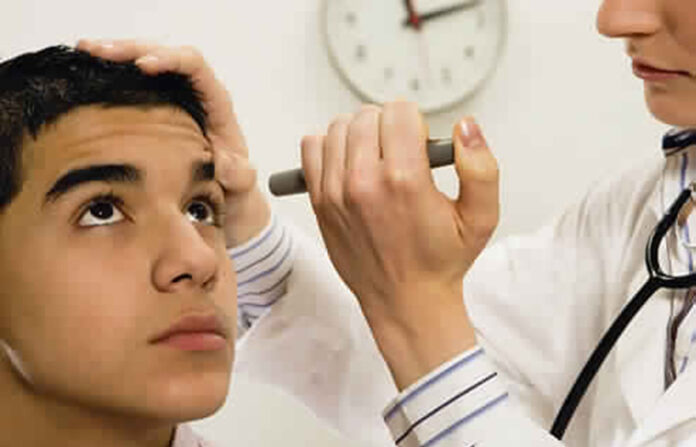
During this stage in life, the eyes will fully develop, and it is critical to care for them to keep them in good condition. There are certain choices in a teenagers life that will determine if they have sharp eyesight as they grow older or not. A teenager will likely want to switch to the Clarity Vision contact lenses if already using eyeglasses. However, it is vital to get a prescription before purchasing the lenses. Also, learn the proper practices for caring for the lenses and prevent eye infections that may contribute to other conditions.
Some eye conditions may be hereditary, and it is vital to undergo regular eye examinations to take precautions. Whenever you experience eye injury as a teenager, it is crucial to inform your parents and go for checkups. It applies even when you find your vision changing. Seeking early treatment will help avert the risk of complications later.
Antioxidant foods are the best for eye health during the teenage years. Ensure you avoid chemicals from cosmetics contacting the eyes. Also, it is critical to rest enough to avoid straining the eyes. Since certain sports activities can be dangerous, wear glasses to protect the eyes.
Young Adults
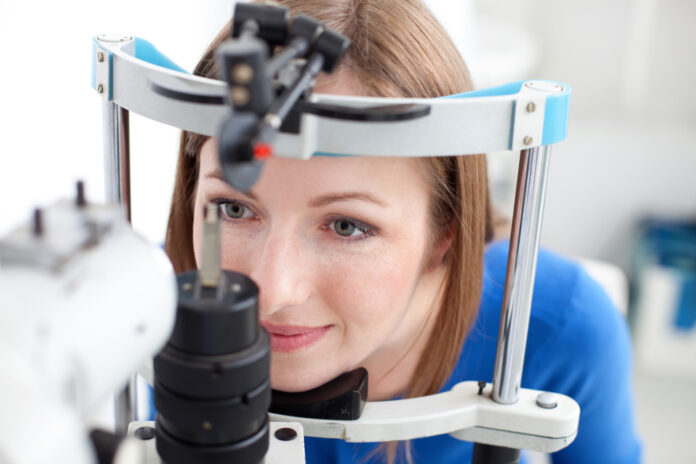
As a young adult, the eyes are at the optimum. You will have the same vision you had during your teenage years with good care to the eyes. Even when using lenses to correct vision, the eyesight will be the best you will probably have. However, it is essential to continue caring for eye health to ensure the vision continues for decades to come.
Visit an optician when you have an eye injury at work or in any other environment. When working with toxic chemicals, protect the eyes using the appropriate protective equipment depending on your work. Ensure you treat other medical conditions that may affect eyesight. Like the previous stage in your life, eat a healthy diet and protect the eyes from cosmetics.
Older Adults
The vision deteriorates as you move past the 40 year age limit. It might start to be challenging to focus on items that are in front of you. Also, you may find it difficult to see properly in a poorly lit area. Reading will not be the same it was before. Those using eyeglasses or contact lenses may consider seeking a new prescription according to their current eye health.
Visiting an optician can help identify any eye problems and find suitable treatment. Older adults are at high risks of eye conditions, and checkups will help. Proper nutrition, exercising, and resting will help with eye health. Furthermore, you will age with better vision and body strength.
Seniors
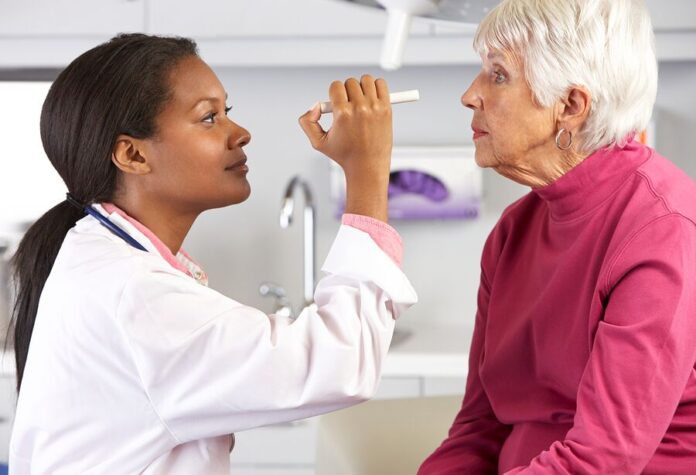
As a senior, it is time to take keen care of your overall health. The more a person ages, the higher the frequencies they go for medical checkups. Have eye assessments during doctor visits. However, with information on various eye conditions and vision challenges, it should be easy to know when there is a problem. A medical practitioner can help with developing a lifestyle to care for your eye health and general wellbeing.
It is essential to seek treatment and diagnose the conditions to protect eye health with several underlying conditions. Do not forget to eat healthy, exercise, and sleep enough.
Conclusion
It is affordable to access eye care. Consider an insurance cover as it will cover general and eye health.
